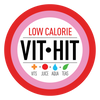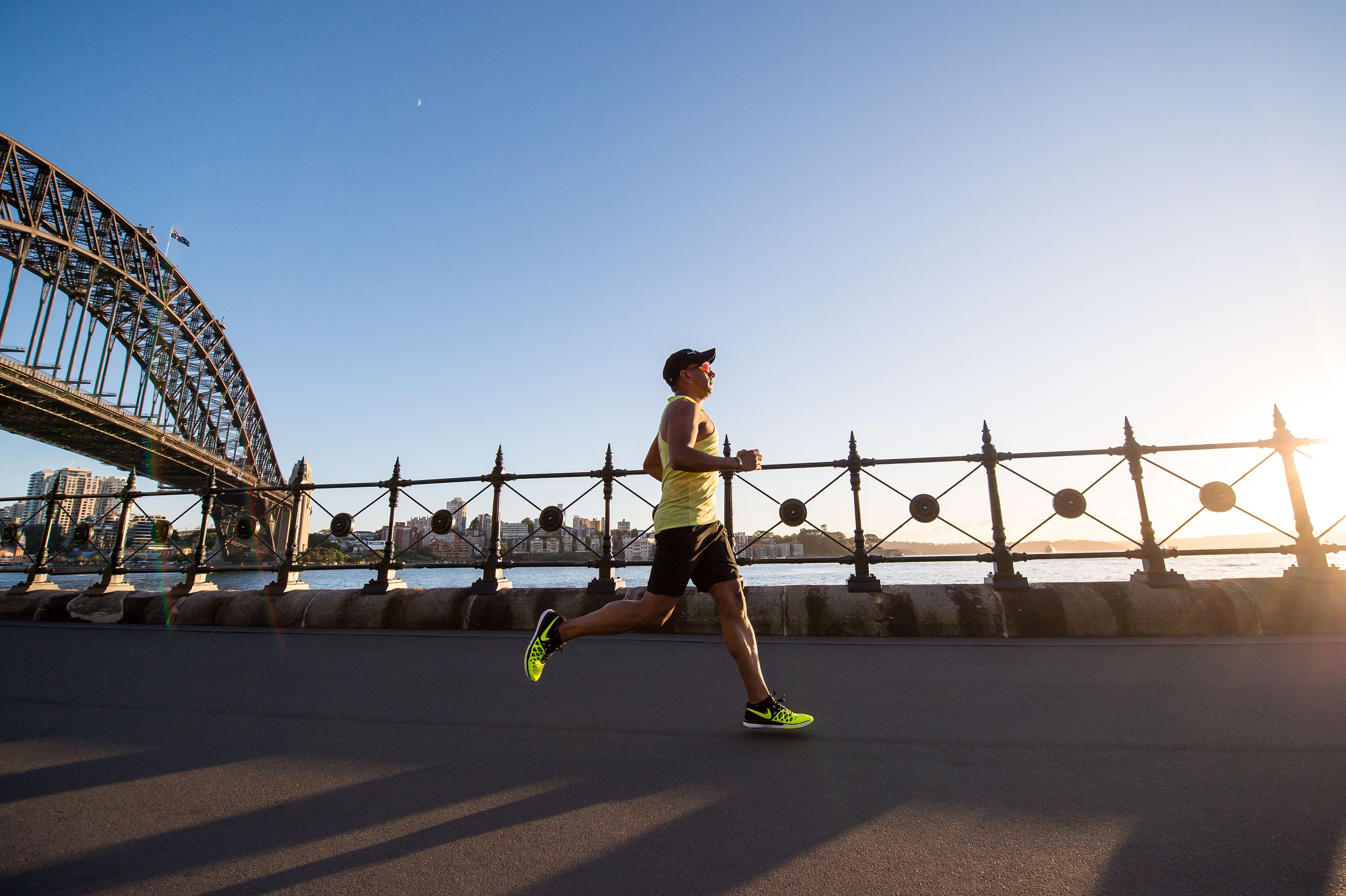Carbohydrate Loading:
With Summer just around the corner, marathons and outdoor endurance events are back in action! Whether you're training for one of these events or considering starting, adequate nutrition is an important consideration for your training regime.
You may be asking yourself questions like:
- How do I make sure I don’t fatigue during my long distance run?
- How should I fuel my body?
Fear not, we are here to help!
When people look for foods that will give them energy, many people turn to sugar, processed foods or energy drinks. Although initially these foods and drinks will give you a quick fix of energy, about an hour into your run your body will start to fatigue and find it hard to keep going. That's where carbohydrates can come in handy.
Carbohydrates by definition are starches and sugars and are your body's main energy source. There are a few different types of carbohydrates such as Complex carbohydrates and Simple carbohydrates. Complex carbohydrates refer to legumes, grains and starchy vegetables such as potatoes. Simple carbohydrates are found in fruits, milk and milk products.
You may ask; Why are carbohydrates so important for these kinds of events?
Carbohydrates are the predominant fuel source for the body. Consuming high amounts of carbohydrates will load up energy stores as well as loading up glycogen fuel stores.
Glycogen is the main fuel that gives muscles energy and it is produced when carbohydrates are broken down. The more carbohydrates one consumes, the more glycogen available to muscles and thus, more glycogen can be stored in muscles and utilised during exercise to provide the body with energy.
The purpose of carbohydrate loading therefore, is to build up your glycogen or ‘energy’ stores in the days leading up to an event. Unlike sugar and quick fix energy sources, muscle glycogen is the body's long-term energy store and is therefore released gradually during exercise.
Carbohydrate Loading; involves eating a large amount of carbohydrates prior to an endurance event. The practice of carbohydrate loading is said to help aid and provide energy during long endurance events such as marathons, swimming and cycling. Carbohydrate loading is most suitable for events that are greater than 90 minutes in duration.
It is recommended that individuals partaking in endurance events in the days leading up to the event increase their carbohydrate intake by 8-12g per kg of body weight. It is also advisable to cut back on high fat foods in order to allow for more carbohydrate rich foods to be ingested.
REMINDER: New dietary practices prior to events should always be practised beforehand. It may be a good idea to practise carbohydrate loading during your training plan. Perhaps you decide to do a 25km run one weekend, incorporate carbohydrate loading in the 2-3 days before that run. That way when it comes to the event whether it be a marathon, cycle or triathlon, you will know how well carbohydrate loading suits you and whether you want to incorporate it or not.
PRO TIP: Reduce exercise in the days leading up to the event whilst simultaneously increasing your carbohydrate intake. This means that your body will reduce the amount of glycogen it is using and instead store these carbohydrates as glycogen in the muscles.
It is also important to ensure that you take into account other things prior to an endurance event such as; hydration. Remember to always rehydrate after intense exercise.
Why not choose to hydrate with a VITHIT in the hours after an event? Boost your performance with VITHIT
Keep an eye on our Instagram stories in the coming days for some food ideas on how you can incorporate more carbohydrates into your regime!
Reminder: Before making any dietary changes, always consult a doctor or dietitian for advice on what will work best for you.








